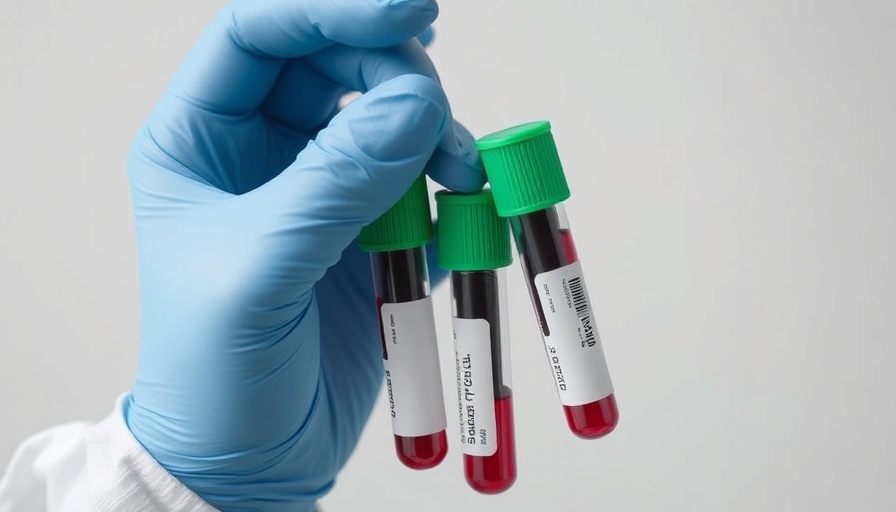
Understanding the Impact of a Quick Session of Exercise
Recent research reveals that even a brief 5-minute bout of exercise can have profound implications for maintaining brain health as we age. The connection between physical activity and cognitive function is increasingly recognized, shedding light on how a simple, manageable routine can significantly affect mental acuity. As we navigate through the challenges of aging, it becomes vital to find efficient and effective ways to nurture our brains.
The Science Behind Exercise and Brain Health
As we age, our brains naturally undergo structural changes — a process that can lead to cognitive decline. The cortex thins, and levels of neurotransmitters like dopamine decrease, which can contribute to challenges such as reduced memory function. However, scientists have found that incorporating even short periods of moderate-to-vigorous physical activity into our daily lives may help counteract these effects.
A study published in the journal Age and Ageing emphasizes that regular engagement in physical activity enhances factors like processing speed and working memory. Dr. Audrey M. Collins notes that the brain retains plasticity into late adulthood, suggesting that interventions can still lead to improvements in cognitive function.
Practical Tips for Staying Active Despite a Busy Life
In our fast-paced world, finding time to exercise can be daunting. However, by reframing our thinking around physical activity, we can incorporate small doses of movement into our daily routines. Here are some practical tips:
- Break it Down: Instead of committing to a long workout, integrate small chunks of movement — whether it’s a 5-minute walk during your lunch break or a brief session of stretches at home.
- Make it Fun: Engage in activities you enjoy, such as dancing, gardening, or playing with pets. This not only counts as exercise but also boosts your mood.
- Set Reminders: Use technology to your advantage. Set reminders on your phone to get up and move, ensuring that exercise becomes a regular part of your day.
The Broader Picture: Aging and Lifestyle Choices
Exercise is just one piece of the puzzle when it comes to maintaining brain health as we age. Additional lifestyle elements also play crucial roles:
- Nutrition: A well-balanced diet rich in fruits, vegetables, whole grains, and healthy fats can support cognitive function. Foods high in omega-3 fatty acids, like fish, are particularly beneficial.
- Mental Stimulation: Activities such as reading, solving puzzles, or learning new skills challenge our brains, promoting neurogenesis and cognitive reserve.
- Social Connections: Engaging with friends and family has positive mental health benefits and fosters cognitive engagement through conversation and shared experiences.
What Lies Ahead: Research and Future Trends
As science continues to explore the intricacies between physical activity and brain health, several exciting trends are emerging:
- Personalized Fitness: The rise of technology and wearables can tailor exercise regimens to individual needs, making it easier for various age groups to remain active.
- Community Programs: There is an increasing focus on community-driven health initiatives that promote not only physical activity but also mental well-being, offering support and resources to keep community members engaged.
- Mind-Body Connections: Practices like yoga and tai chi that blend physical and mental exercise are gaining popularity for their comprehensive health benefits.
Conclusion: Take Charge of Your Brain Health
In a world rife with discussions on global health crises and pandemics, it's easy to overlook personal wellness. Yet, incorporating just 5 minutes of exercise into your day can not only enhance cognitive functions but also empower you to take charge of your longevity. Whether you embrace a brisk walk or lift light weights, every action counts toward a healthy brain.
So, why not take a small step today? Engage in moderate physical activity regularly and observe how it impacts your mental clarity and overall well-being. Remember, building healthy habits today lays the groundwork for a vibrant mind tomorrow.
 Add Row
Add Row  Add
Add 




 Add Row
Add Row  Add
Add 

Write A Comment